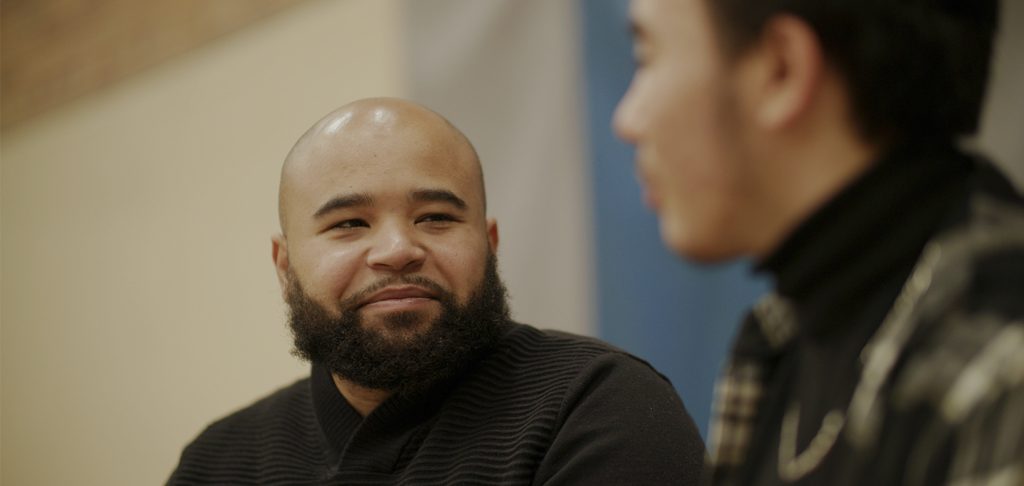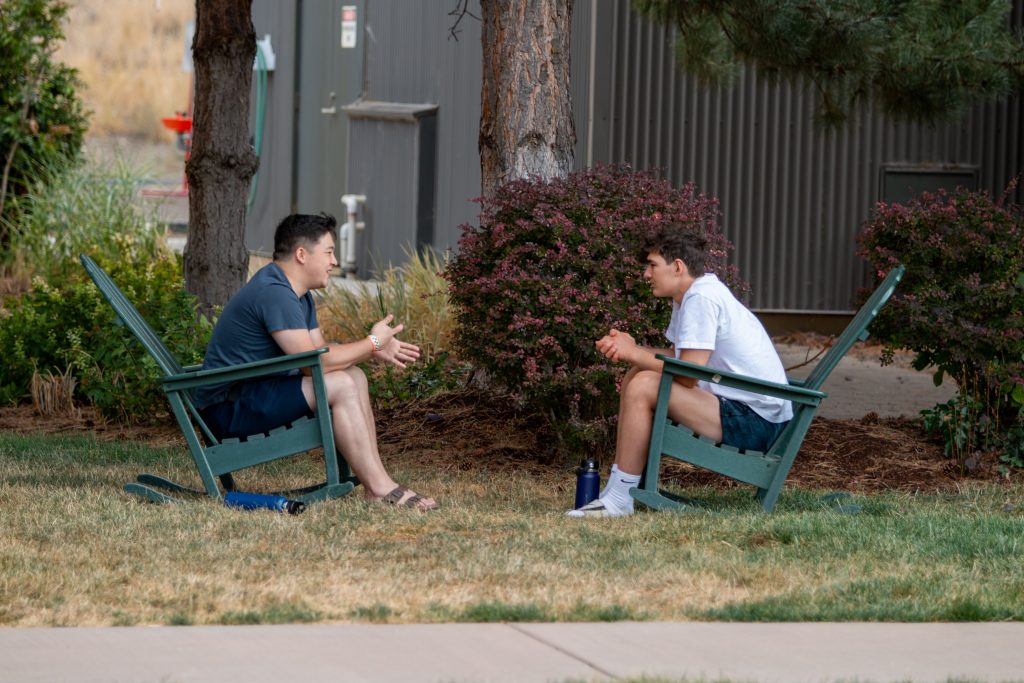Stress is part of the human experience. The myriad of methods we choose to deal with it are as well. Music, digital distractions, relationships, physical activity, nature, pets — these and many more are popular coping mechanisms among Generation Z.
While none of these began with this generation, what is unique to Generation Z is the unprecedented amount of information and social media input (and any accompanying pressure) which they receive on a daily – even hourly – basis. The demands of learning how to cope with this amount of messaging certainly places added anxiety upon even the strongest of young people.
Young Life research has found that “about a third of teens and young adults experience high levels of stress – especially in the U.S. and U.K., while young adults in Africa report markedly lower levels of stress.”
Different factors may play a part in these varied levels of stress, as well as the coping tools teens use to reduce the impact of stress.
How can we help?
On the topic of coping with stress, let’s begin by communicating with them. Notice the keyword “with.” Lecturing will not be effective; kids don’t want or need a TED Talk on how to better respond to stress. In fact, it might even increase the stress levels. Rather, there must be active listening on our part to help us truly understand where they’re coming from; questions are critical to them feeling like they’ve been heard. Questions like:
- What things are causing you stress right now?
- What do you think is the main cause of stress?
- Do you feel alone in having to deal with the stress?
- Are there sources of stress you feel could be reduced? (Screen time? Demanding friends? Adult expectations? Other?)
- How can I come alongside and help, without you feeling I’m overstepping my bounds?
Along with conversations with caring adults, there are other aids to dealing with stress. One is a mechanism many teens ascribe to regularly.
In The RELATE Project we found that “Faith is one thing that helps. Growing up with religion or faith can mitigate stress; teens with these upbringings report less stress overall. So it may be helpful to guide teens toward faith resources. Maybe they’ve drifted away somewhat; maybe they’re going to the internet instead of prayer.”
Prayer is an important indicator in stress management. Interestingly, in Africa, prayer is the most common stress management tool of all, and with the other countries in the study — the U.S., U.K., Mexico, and India, we see that prayer increases significantly more than other practices by age. “When we see what practices young adults are using (versus what they used when they were younger), we can get a glimpse into what actually works.”
This finding can lead us to other questions we can ask our friends in Generation Z. Questions such as:
- Have you ever thought about what part might God play in your stress management?
- Do you consider prayer a good way to address the amount of stress in your life?
- If so, how regularly would you say you pray about stress?
- What results have you seen from your time in prayer?
Part of what it means to become an adult is learning how to better navigate all that life throws at us. Respectful conversations with Gen Zers are one powerful way to communicate our concern. Praying for, and with (when appropriate) is another. Encouraging them to also engage in prayer may indeed be the most effective, especially as they age and grow in independence.
To learn more about Young Life’s research on Generation Z and Gen Alpha, and to download your own copy of The RELATE Project report, click here.
To become one of the thousands of trusted adults in Young Life’s volunteer network, or to find out how to connect with Young Life in your area, click here!






